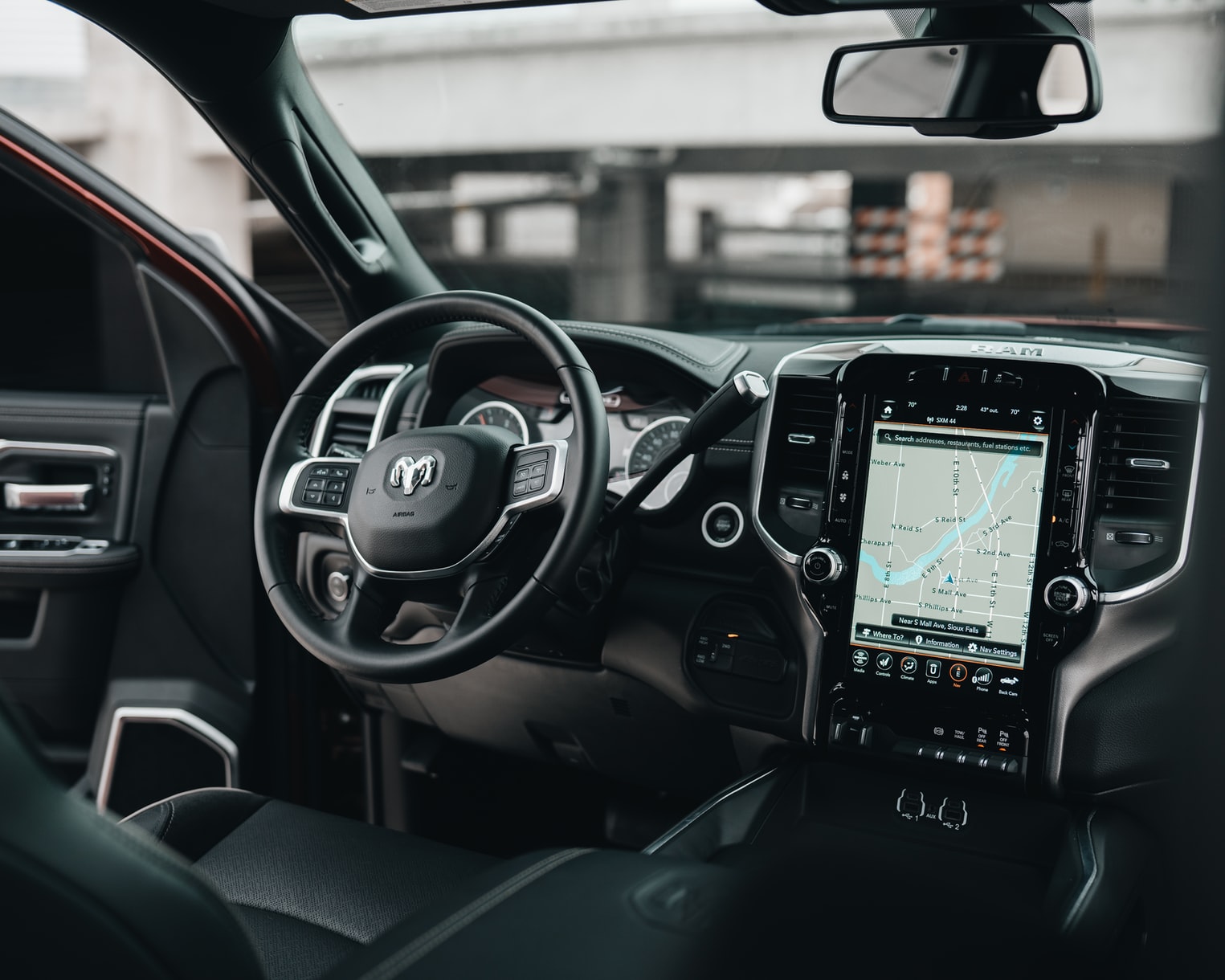The startup Pony.ai, which operates in China and the United States, began driving tests of its new autonomous vehicles on the streets of California. The company plans to launch the driverless robotaxi service in that state by 2022.
The company revealed that it is testing its self-driving cars daily on public roads in Fremont and Milpitas, California. The trials are not limited to the US, as Pony.ai is doing the same in Guangzhou Province, China, its other host city. Their goal is to roll out the fully autonomous service to the public next year.
“Going completely driverless is key to achieving full autonomy and an indispensable catalyst for realizing our ambitious vision,” said James Peng, CEO and co-founder of Pony.ai in a statement.
Related: What is Trending technology in Android 2021?
Testing is just the beginning
Once Pony.ai proves its driverless cars are safe, it will still have a few regulatory hurdles to overcome before it can operate commercially.
Any autonomous vehicle company that wants to charge the public for driverless rides needs permission from the Department of Motor Vehicles and the California Public Utilities Commission.
“Going completely driverless is key to achieving full autonomy and an indispensable catalyst to realizing our ambitious vision,” said James Peng, CEO and Founder of https://t.co/jCrY74O15l. https://t.co/He8lmom6Yh pic.twitter.com/6OM9mkfX8o
— Pony.ai (@PonyAI_tech) June 15, 2021
In early June, Cruise became the first company to receive a driverless autonomous service permit in the state, allowing it to test passenger transport. The next and final step would be to obtain the deployment permit, something that only the American robotics company Nuro has achieved.
While 55 companies already have active permits to test autonomous vehicles in California, they are subject to testing with a safety driver. The milestone for Pony.ai is that it is the eighth company to be authorized to do driverless testing. The list includes Chinese companies AutoX, Baidu, and WeRide, as well as American companies Cruise, Nuro, Waymo, and Zoox, Amazon’s autonomous vehicle. Only Nuro has been granted the so-called deployment permit, which allows it to operate commercially.
Related: How Technological Advancements Are Changing Auto Mechanics
Pony.ai path towards ‘driverless’
Founded in 2016 by Peng and Lou Tiancheng, former Baidu developers, Pony.ai has been conducting driverless car testing with a safety driver since 2017.
By 2019, the company began testing customer rides in Fremont and Irvine, California. The robotaxi service, called BotRide, consisted of a fleet of autonomous electric Hyundai Kona cars, operating on Pony.ai autonomous driving system, but supervised by a human safety driver behind the wheel at all times. BotRide’s pilot tests concluded in January 2020, but the company claims it is ready to resume rideshare service for the public.
Soon after, the company began operating a public robotaxi service called PonyPilot in the Irvine, California area. Due to the Covid-19 pandemic, Pony switched from passenger transport to package transport and partnered with ecommerce platform Yamibuy to offer autonomous last-mile delivery service to customers.
As the pandemic subsides and California returns to normal operations, Pony.ai is getting ready to launch its commercial robotaxi service. It already has several partners and funds for more than $1 billion, including the $400 million that Toyota invested.
In November 2020, the company said its valuation had reached $5.3 billion following new financing of $ 267 million. Additionally, it has various partnerships or collaborations with automakers and suppliers, including Bosch, Hyundai, and Toyota.



